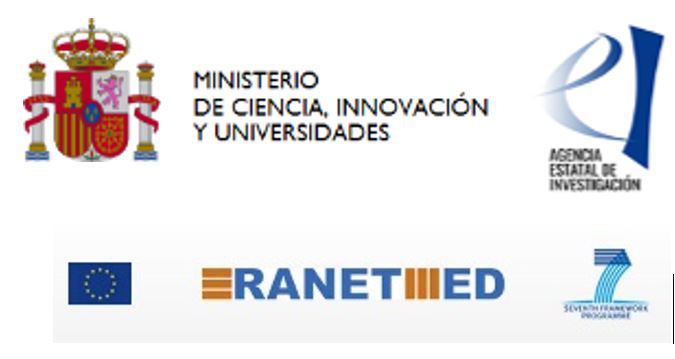-
Projects
MEDWASTE —Mediterranean Agricultural Wastes: Environmentally Sustainable Resource for an Innovative Renewable Energy Technology

- Start date: 05/07/2017
- End date: 14/07/2021
- Coordinator: Joan Josep Manyá
- Type: Ministry of Science and Innovation
- Funding: 99.854 €
This project aims to contribute to find a sustainable solution to the energy supply in rural areas of Mediterranean countries, addressing, at the same time, the problem of agricultural waste disposal. In particular, in this project, the production of biochar from biomass by torrefaction is studied as a way to improve the biomass-derived fuel quality. Furthermore, the performance of biochar produced through both torrefaction and carbonization in Direct Carbon Fuel Cells (DCFCs) is tested. The different types of wastes that are investigated are grape pomace and olive mill waste (from agro-industrial activities), and pruning residues from olive trees, vineyards and palm trees, almond shells and corn stalks (from agricultural activities), all abundant in Mediterranean countries. Two different torrefaction processes, namely dry torrefaction and wet torrefaction (or hydrothermal carbonization) are used to obtain biochar. A 5 kW combined heat and power pilot plant based on DCFC coupled with a biomass carbonization reactor will be developed using the same above-mentioned feedstocks. Process evaluation regarding function, performance, economy and environmental impact will be performed. Overall, this project is an innovative project on waste-to-energy applications. The project outcomes are of relevance both for renewable energy production and for agricultural waste management, given that these wastes currently represent a serious environmental issue, especially in the Mediterranean area. The project has a coherent international consortium, in which each partner has great expertise in complementary fields; the synergy between partners will guarantee a successful achievement of the project objectives.
(PCIN-2017-048)

